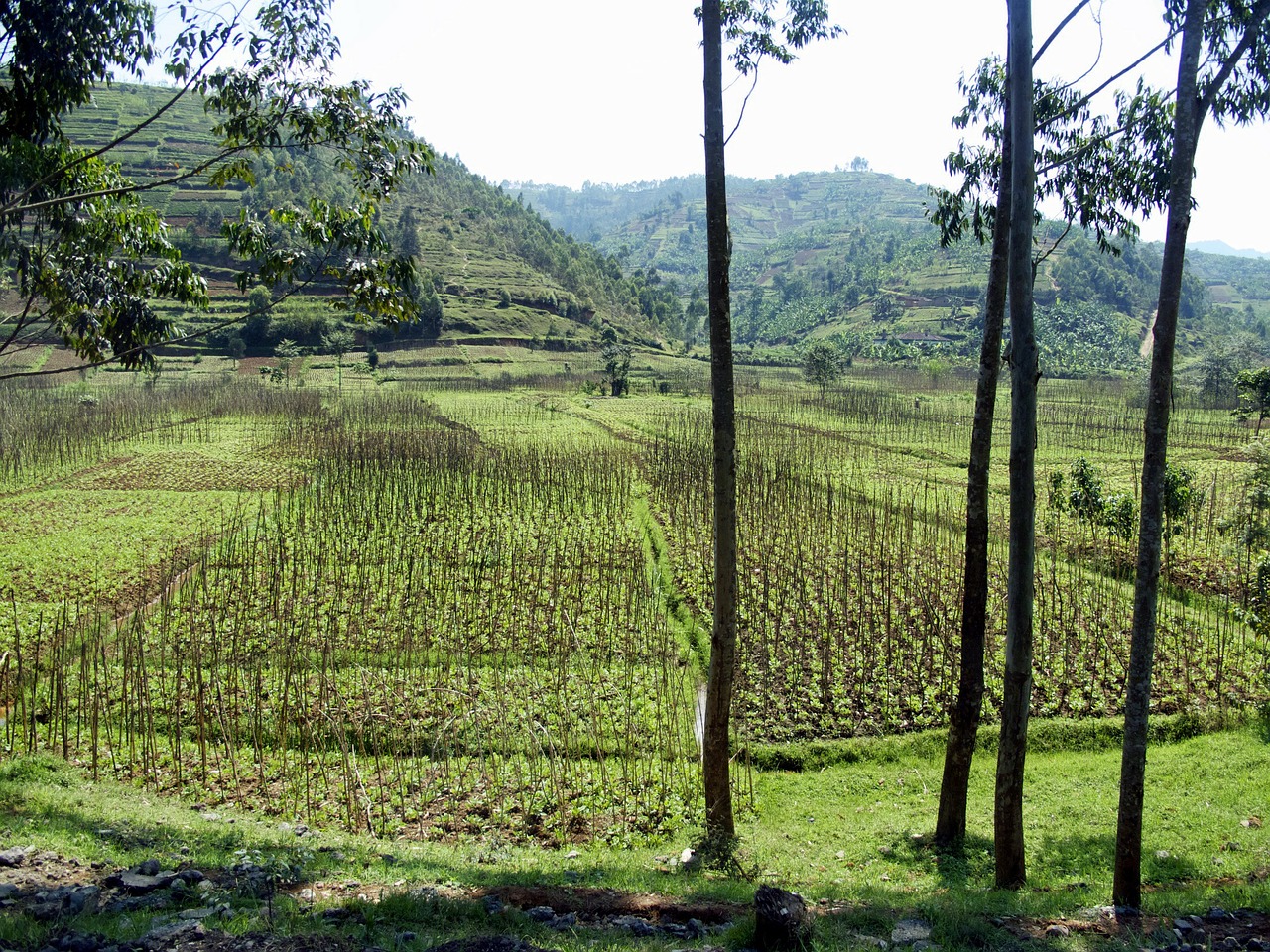The primary purpose of this paper is to provide a gendered focus on the environmental and socioeconomic transformation of the Rwandan highlands and the impact of the transformation on the well-being and gender equality of its inhabitants.
Transformations of a mountain system are complex. However, the actions needed for the transformations are not always recognized as being gender biased. The Rwandan highlands are undergoing a rapid environmental and social-economic transformation. The government of Rwanda is pushing an economic and social transformation agenda with neoliberal and gender-mainstreamed agricultural policies.
Sustainable mountain development is not only needed to secure the well-being of women and men in mountain areas but also that of people in downstream communities and globally. This fact makes the sustainable development of mountain areas a global issue. The “International Year of Mountains” in 2002 was the first time that the specific needs and challenges of mountain women were pointed out, especially during the “Celebration Mountain Women” conference in Bhutan. The declaration released from the conference mentioned that “Without women, it is impossible to achieve sustainable development in mountain areas”. Women in mountain areas are often confronted with the same challenges faced by rural women in development regions. However, the steep slopes, the altitudes, harsh weather, isolation and out-migration of male spouses intensify their daily work. They play a vital role in safeguarding the mountain ecosystem and are considered actors in the implementation of sustainable mountain development.
Despite recent emphasis on gender equality, the work of women and men who depend on this mountain area, as well as household food production, water and energy supplies, is gendered. In fact, there is a lack of disaggregated data on women's and men's dependence and well-being in the northwest Rwandan Virunga mountain area. Gender norms influence the vulnerability and gains produced by environmental, social and economic changes. Women's and men's interactions with the environment, land use and the paid labour market are deeply rooted in perceptions of gender roles. Gender is related to the socially constructed understanding of what women and men ought to be. Gender roles structure everyday practices and intersect with power relations. From a feminist point of view, sustainable development goes hand in hand with the redistribution of wealth, power, paid and unpaid work and leisure time.
The topic of women in agriculture has been discussed over the last few years critically. According to Ingabire et al. (2018) and Bigler et al. , the farming system has remained predominantly at the subsistence level, and the number of farms has increased over the past decade. Furthermore, the feminization of subsistence farming is visible in Rwanda, and women's access to more commercialized agricultural production is more limited than men's. Three components were identified as hindering women's integration into market-oriented agricultural production. First, women still have poor access to markets and agricultural inputs (e.g., fertilizer, seeds). Second, women have limited control over agricultural income. Third, women carry the double work burden of productive and reproductive work on their shoulders.
For this study, expanded fieldwork was conducted over two years, making it possible to use a large dataset and build trustful and stable relationships with different stakeholders. Any scientific activity that involves the participation of women, men and children requires reflection upon the potential impact of the research on all of those involved. To insure this outcome, the anonymity of the respondents is safeguarded during the whole research process. Furthermore, trustful relationships are needed so that the respondents have the freedom of speaking and have the ability to step outside the usual biases or prejudices or even answering questions based on what is considered acceptable answer by researchers or the community. However, not only trust is needed but also reflection in a more general way regarding how data are gathered. The research team chose its research assistants and translators carefully. The research assistants were trained extensively, paying particular attention to collecting and metadata, such as rumours, inventions, denials, evasions and silences.
The environmental and socioeconomic transformation of the studied mountain area is complex and gender biased. Water, energy and food production were the entry points for this gender analysis. Women maintain household energy and water supplies and are responsible for family food security. Gender norms influence the distribution of productive and reproductive labour, and this influence is linked to the level of dependence on the mountain system, on subsistence crop production and on wage employment. The redistribution of work, power and decision-making over land and agricultural production was not found, despite government efforts to promote gender equality.
CITATION
Christine Bigler, Michèle Amacker, Chantal Ingabire, Eliud Birachi, 'A view of the transformation of Rwanda's highland through the lens of gender: A mixed-method study about unequal dependents on a mountain system and their well-being', Journal of Rural Studies (2019) http://www.sciencedirect.com/science/article/pii/S0743016718305771







